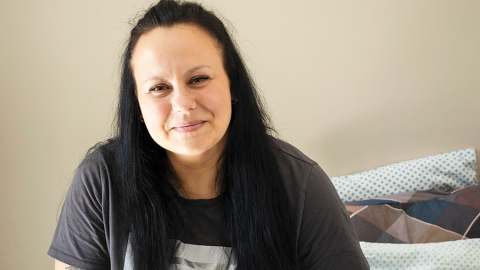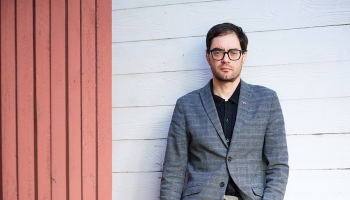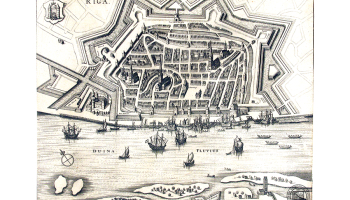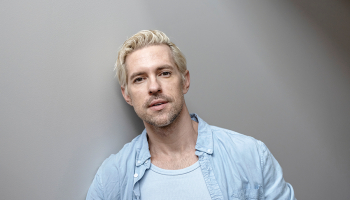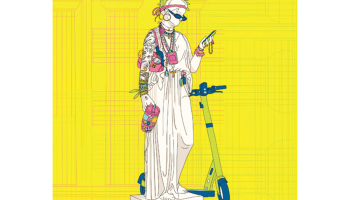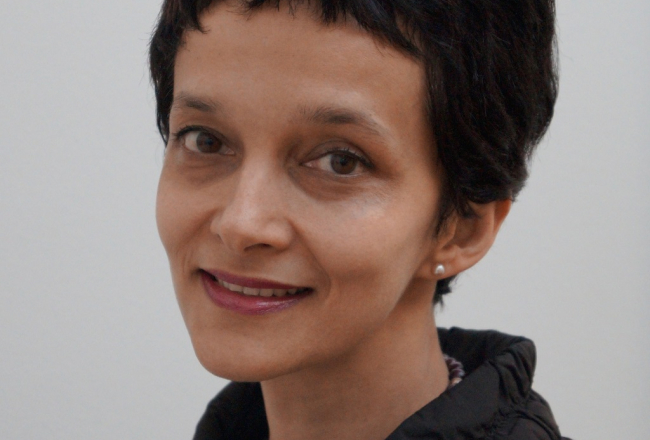
Nēla Vinkelmane (Neela Winkelmann) - Čehijas galvaspilsētā Prāgā bāzētās nevalstiskās organizācijas "Eiropas Atmiņas un sirdsapziņas platforma" izpilddirektore. Publicitātes foto
Dr. Neela Winkelmann is the managing director of The Platform of European Memory and Conscience, and NGO based in Prague. It unites fourty-three institutions (including the Museum of the Occupation of Latvia) from twenty countries with the goal of educating society about the crimes commited by totalitarian regimes.
Last August Ms. Winkelmann visited Rīga to take part in a conference organized by the Latvian Ministry of Justice - Molotov-Ribbentrop Pact 75: Echoes Today and in the opening of the travelling exposition Totalitarianism in Europe. That was when this converstation began.
Why did it take such a long time - more than 20 years after the fall of the Iron Curtain - for Eastern European countries to broadly grasp and realize the number of victims of the communist terror and to make it public, for example, in this Platform exhibition, which is seen in the Occupation Museum in Riga?
